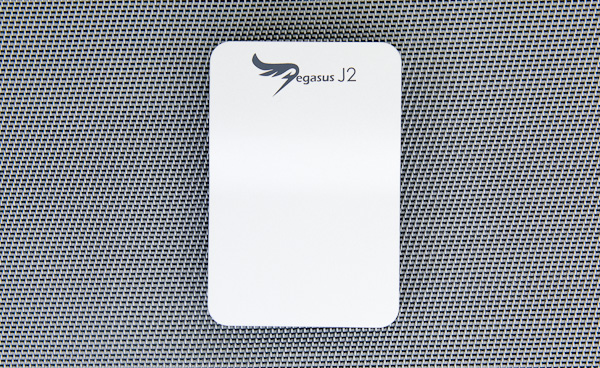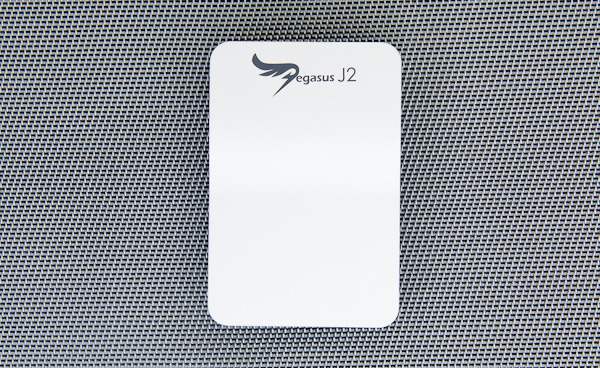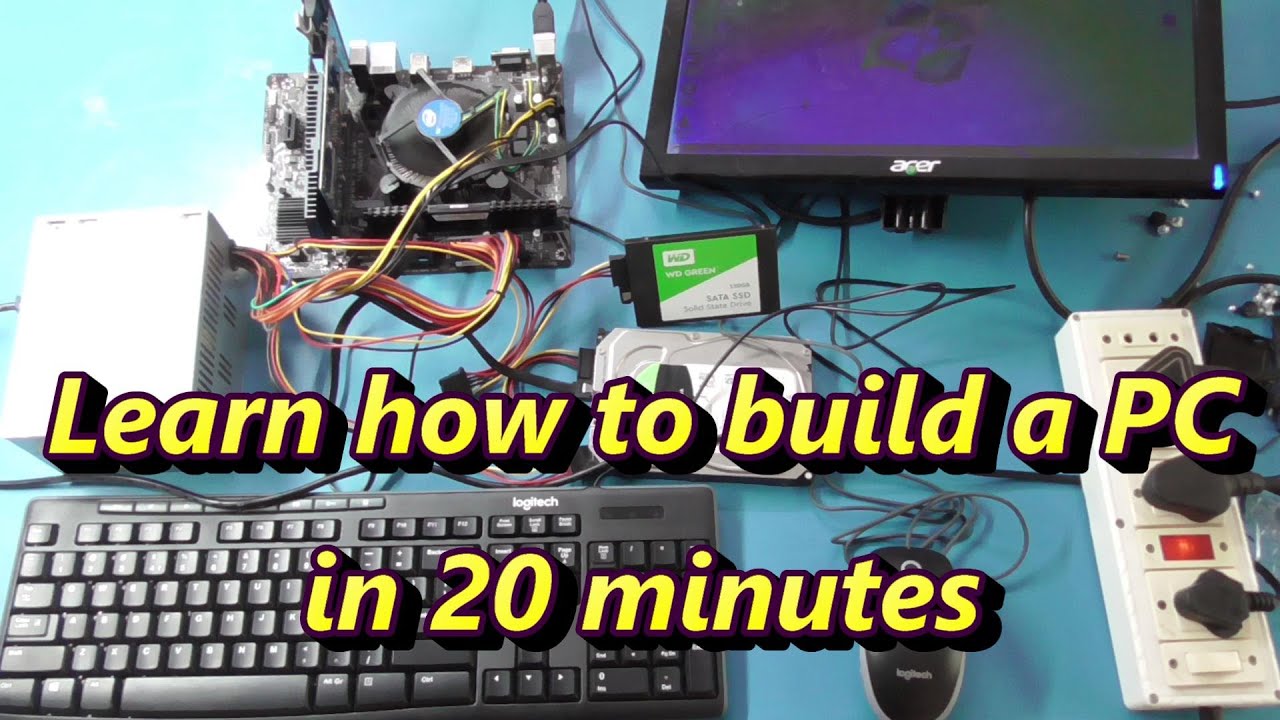Promise was the first to get us a Thunderbolt chassis with the Pegasus R4/R6. Not only was the Pegasus the first shipping Thunderbolt storage chassis, but it continues to be among the fastest on the market. If you've never seen one, the Pegasus R4/R6 is a 4 or 6 bay 3.5″ external storage array with built in RAID and Thunderbolt controllers. Promise doesn't ship a chassis without drives, so you get to choose from between 4TB in the lightest configuration (4 x 1TB drives) at $1050 all the way up to 18TB (6 x 3TB) in the beefiest $3000 config. Sequential IO performance is great, generally hitting around 700MB/s for a 6-drive RAID-5 array. There's room for improvement, but running several drives in RAID-0 is typically not the best idea for redundancy.
The biggest issue with the Pegasus (other than cost) is that it doesn't ship with solid state drives. Although the use of 3.5″ mechanical hard drives results in good sequential performance and great capacity, random IO performance suffers. After all, even a single SSD tends to have an order of magnitude better random IO performance than a hard drive. For most Thunderbolt use cases (e.g. tossing video/audio/photo work), the Pegasus' array of hard drives is fine. The world is clearly moving towards solid state storage however, and with LaCie offering an SSD version of its Little Big Disk series of Thunderbolt drives Promise had to respond.
The result is this, the Pegasus J2:

Read on for our full review!
![]()





